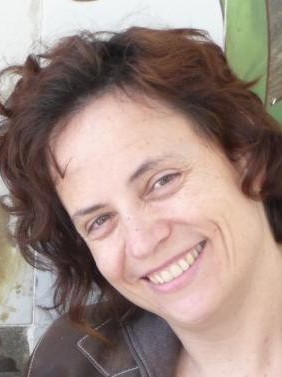abstract
Separate collection of biowaste represents in Portugal only 2 % of total collected biowaste. Even though higher quality compost can be obtained through the separate collection of biowaste, this is generally regarded as more expensive and discarded as an option. In this work we assessed the viability of implementing the separate collection of biowaste targeting restaurants and canteens in city centers, using Aveiro as a case study. The current situation (no separate collection for biowaste) was compared with an alternative scenario in which biowaste was separately collected and valorized. The costs, constrains and the producers' attitude towards such a collection scheme are presented and discussed. On average 0.46 kg of biowaste were produced per meal served. The acceptance of separate biowaste collection was high (67 %) among producers, and it could be increased further through informative campaigns and economic incentives such as pay-as-you-throw tariffs. Door-to-door collection of biowaste could reduce the cost per ton as much as 37 %, when compared to collection as unsorted waste. The major constrains for the implementation of separate collection of biowaste were the selection of alternative legal destinations to the MBT unit (which has the exclusivity to treat collected waste) and the lack of dedicated infrastructures at multimunicipal waste management facilities to handle separately collected biowaste.
subject category
Environmental Sciences & Ecology
authors
Rodrigues, J; Oliveira, V; Lopes, P; Dias-Ferreira, C
our authors
Groups
acknowledgements
The authors would like to thank Elisa Henriques for helping with the door-to-door inquiries. This work has been funded by Portuguese National Funds through FCT-Portuguese Foundation for Science and Technology under project PEst-OE/AGR/UI0681/2014. C. Dias-Ferreira gratefully acknowledges the FCT - Fundacao para a Ciencia e a Tecnologia for the financial support to this work (SFRH/BPD/100717/2014).



